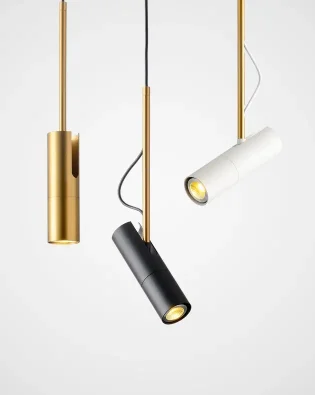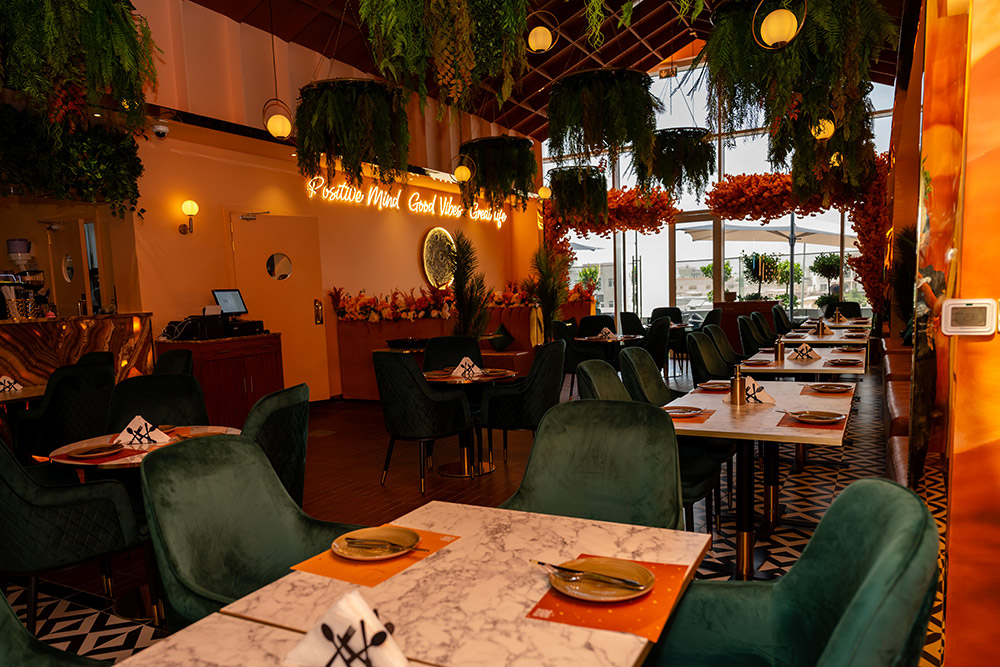
Cost of Living in Dubai: A Complete Guide for Expats
The cost of living in Dubai is one of the most common questions for anyone planning to move to this vibrant city. Known for its modern skyline, luxury lifestyle, and cultural diversity, Dubai offers a high standard of living—but that comes with varying expenses depending on your lifestyle choices. From housing and transportation to dining and healthcare, understanding these costs will help you budget effectively before you make the move.
Housing Costs in Dubai
Housing is the largest expense for most residents and has a big impact on the overall cost of living in Dubai.
City Centre Apartments – A one-bedroom apartment in areas like Downtown Dubai or Dubai Marina can cost between AED 6,000–9,000 per month.
Suburban Areas – Neighborhoods like Mirdif or Al Nahda offer more affordable options, often 20–30% cheaper.
Shared Accommodation – Many expats choose to share apartments or villas to significantly reduce costs
Utilities and Internet
Monthly utilities, including electricity, water, and air conditioning, typically range from AED 400–800 depending on apartment size and usage. Dubai’s hot climate means cooling can be a major expense.
High-speed internet packages range between AED 300–500 per month, with providers like Etisalat and du offering bundles that include TV and landline services.Transportation Expenses
Public transportation is reliable and affordable, with metro rides costing AED 3–7. For those who prefer driving, fuel prices are lower than in many countries, but you’ll need to factor in car payments, insurance, and maintenance. Taxis and ride-hailing services like Uber and Careem are convenient but more expensive for daily commutes.
When it comes to food, the cost of living in Dubai varies greatly based on your preferences.
Budget Dining – Meals at local cafeterias can cost as little as AED 20.
Mid-Range Dining – Expect AED 60–120 per person in casual restaurants.
Fine Dining – Luxury restaurants in areas like Downtown or Jumeirah can easily exceed AED 200 per person.
Groceries for a couple typically range from AED 1,000–2,000 monthly, depending on imported goods.Leisure and Lifestyle Costs
Dubai offers endless leisure options, from beaches and parks to world-class malls and entertainment venues. Gym memberships can cost AED 200–500 monthly, while weekend getaways or theme park visits can add significantly to monthly spending.
Healthcare and Insurance in Dubai
Healthcare in Dubai is of an international standard, with many doctors trained abroad. Health insurance is mandatory for residents, and most employers provide coverage. Without insurance, consultations can cost AED 250–600, and hospital stays can be expensive.
Best Residential Areas for Expats
Choosing the right neighborhood is essential for managing your cost of living in Dubai.
Downtown Dubai – Luxury living near Burj Khalifa and The Dubai Mall.
Dubai Marina – Vibrant, waterfront community with restaurants and nightlife.
Jumeirah Lakes Towers (JLT) – Affordable alternative to the Marina with excellent amenities.
Mirdif – Quieter, family-friendly suburb with lower rents.
Cultural Considerations
While calculating your budget, remember that Dubai’s lifestyle blends modern living with traditional customs. Dress modestly in certain public spaces, respect local traditions during Ramadan, and always be mindful of laws regarding public behavior.
Final Thoughts on the Cost of Living in Dubai
The cost of living in Dubai can be as affordable or as luxurious as you make it. By carefully selecting your housing, transportation, and lifestyle choices, you can enjoy the city’s incredible opportunities while staying within your budget. Planning ahead is the key to making Dubai not just a place to live, but a place to thrive.
-
Sale!

Dinner Plates – Japanese Minimalism
$28.00Original price was: $28.00.$18.00Current price is: $18.00. -
Sale!

Round Table Anti Slip Mats – Modern Home
$14.70Original price was: $14.70.$9.90Current price is: $9.90. -

-

Indigo Blue Ceramic Vase
$101.00
- TAGS ― Home-Influencer, Tips & Guides


Top 10 Website & Digital Marketing Companies in the UAE
The UAE has quickly evolved into one of the Middle East’s most dynamic startup hubs, drawing entrepreneurs from across the globe. With cutting-edge infrastructure, investor-friendly policies, and an appetite for bold ideas, it’s a place where innovation finds both funding and opportunity.

Startups & Innovation
The UAE has quickly evolved into one of the Middle East’s most dynamic startup hubs, drawing entrepreneurs from across the globe. With cutting-edge infrastructure, investor-friendly policies, and an appetite for bold ideas, it’s a place where innovation finds both funding and opportunity.

